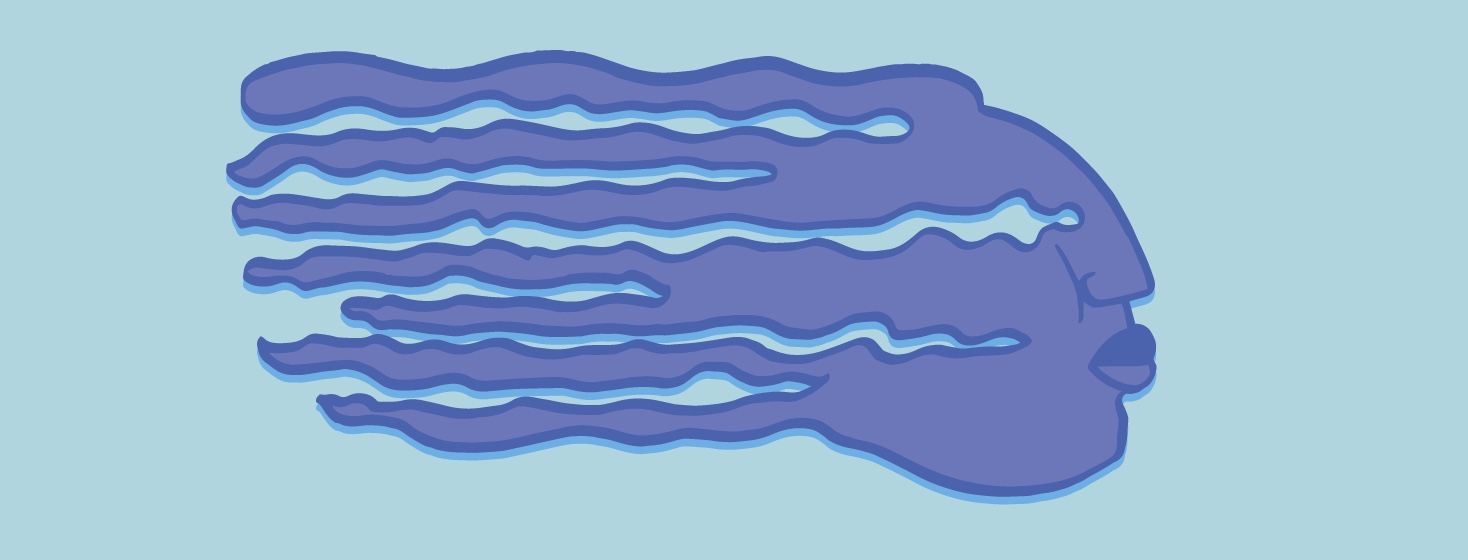Endometriosis and Premenstrual Dysphoric Disorder
For years, the days right before my period are almost as bad as any flare-up. I experience a severe form of PMS that includes very low moods, and an intense form of anxiety. It sometimes becomes so bad that getting out of bed is a real struggle. The smallest of decisions can overwhelm me, and I’m unable to do any work as my eyes struggle to focus and my brain suffers from something akin to a heavy fog.
For a very long time, I felt useless, unable to realize what was happening. I was convinced I was mentally unstable or severely ill. It never occurred to me that these feelings could be linked to my PMS. When I finally received my endometriosis diagnosis, I found out about the hormonal imbalance in my body. That's when I first heard about PMDD.
What is Premenstrual Dysphoric Disorder (PMDD)?
PMDD stands for Premenstrual Dysphoric Disorder, and it turns PMS into a nightmarish experience. Symptoms include extreme low moods, severe anger fits, and a strong case of “brain fog”. Among its physical symptoms are sleep depravation and migraines. It all amounts to an inability to think and function normally. It’s an acute form of PMS, and it happens thanks to our hormones, making PMDD an endocrine disorder.
The role of hormonal imbalance
PMDD is tricky to diagnose. Some mental health specialists wrongly diagnose it as bipolar disorder. In this case, antipsychotics are prescribed, but this line of treatment does not address the hormonal imbalance. As a sufferer of PMDD, I was wrongly given anti-depressants for years. These only numbed me, and they did nothing to lighten my horrific PMS episodes.
However, because addressing the hormonal symptoms can improve the condition, this means that in most cases PMDD is treatable. I am now taking a progesterone-based pill, which hopefully helps with the hormonal imbalance and lessens the intensity of the days before and during my period.
My PMDD seems to have lightened since my last surgery. Receiving CBT therapy has proven very helpful, allowing me to spot the signs of a crisis and take action while I can. I also use meditation apps, and my exercise regime is aimed at bringing down my anxiety levels. Overtime, I've become an expert on what to avoid that could worsen my PMS, and what to do to manage the bad days.
Endometriosis and mental health
Whether it’s the hormonal imbalances or the toll taken by multiple surgeries and life with a chronic disease, endometriosis affects more than our bodies. It is important to discuss these symptoms openly, with our doctors and loved ones. Sharing what we are going through can help others understand the type of support we need.
It is also very important that we begin to normalize something that is out of our control, but that affects so many women. PMDD is real, and the more we speak about it, the closer we will be to ending the damage it inflicts on so many of us.

Join the conversation